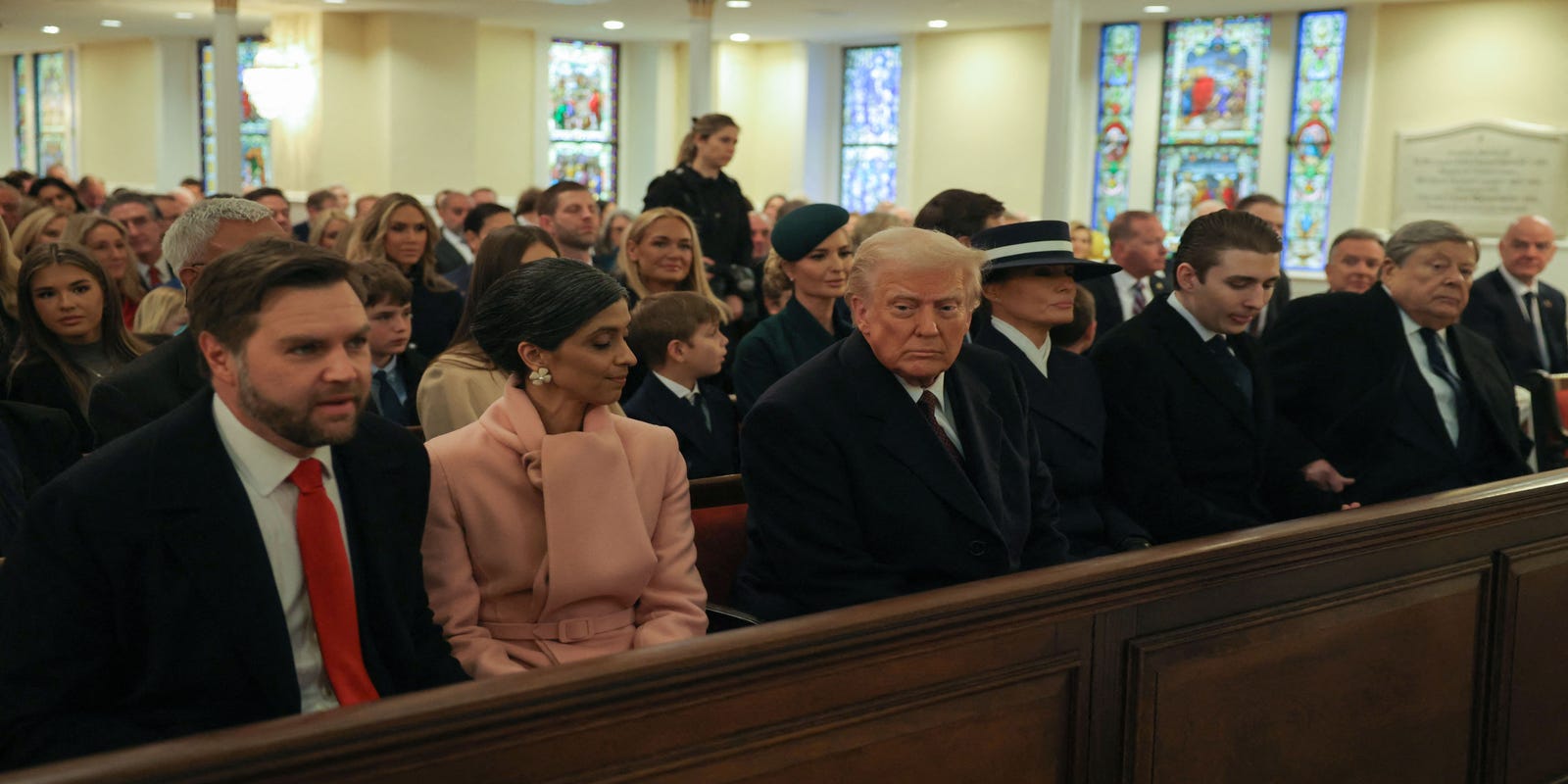Faith, Love, and Politics: The Interfaith Journey of JD and Usha Vance

Faith and Family: The Religious Journeys of JD Vance and Usha Vance
As JD Vance prepares to take office as Vice President, the religious backgrounds of both him and his wife Usha offer a fascinating glimpse into their personal beliefs and cultural experiences.
JD Vance's Spiritual Transformation
JD Vance's religious journey is a compelling narrative of transformation. Raised in a challenging environment in Middletown, Ohio, Vance initially had a complicated relationship with faith. However, his later conversion to Catholicism represents a profound spiritual awakening that has deeply influenced his worldview and personal values.
Usha Vance's Hindu Heritage
In contrast, Usha Vance brings a rich Hindu background to their partnership. Born to Indian immigrant parents, her cultural and religious heritage adds a unique dimension to the Vance family's spiritual landscape. Her Hindu upbringing has likely shaped her perspective on community, family, and personal growth.
A Diverse Religious Partnership
The Vances' interfaith marriage represents a modern approach to spirituality—one that embraces diversity and mutual respect. Their ability to honor each other's religious backgrounds while finding common ground speaks to a broader narrative of cultural understanding and personal faith.
As they prepare to enter the national political stage, the Vances' religious journeys offer an intriguing insight into their personal values and the evolving nature of American religious identity.

